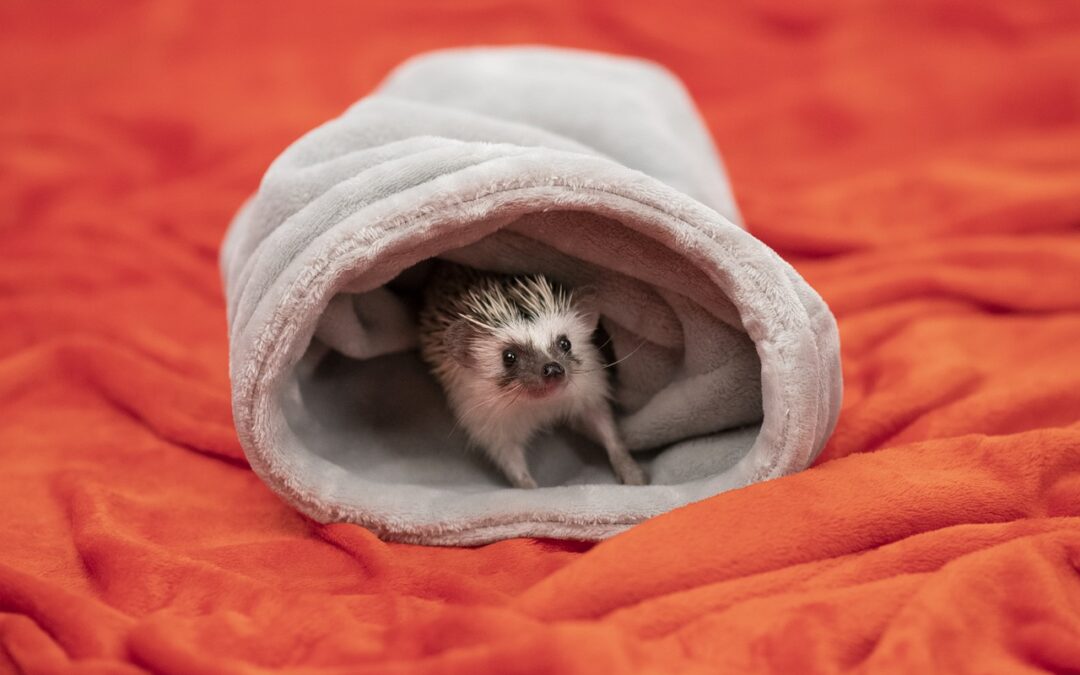Husbandry
At first glance, it’s easy to assume that husbandry is the care, feeding, and management of a husband. Although there’s some merit to that assumption, and husbandry IS about providing good care, it’s about providing good care for our friends from the animal kingdom. Most pet owners have a reasonably good understanding of what it takes to care for traditional pets, but there are pets that need highly specialized care: exotic pets.
What Pets Are Considered Exotic?
Exotic pets are pets that aren’t native to your region or that aren’t considered domestic animals. Some examples of exotic pets are:
- Frogs like northern leopard frogs, African clawed frogs, Pacman frogs, and dwarf clawed frogs
- Toads including fire-bellied toads
- Birds like African Gray and Amazon Parrots, lorries, and cockatoos
- Insects and arachnids including tarantula spiders, Madagascar hissing cockroaches, and praying mantis
- Reptiles like bearded dragons, ornate box turtles, Burmese pythons, and anoles
- Rodents including mice, rats, chinchillas, and prairie dogs
- Hedgehogs
- Armadillos
- Sugar gliders
- Primates
This isn’t an exhaustive list, and, if you’re not sure whether a pet you’re considering bringing into your home is exotic, you should check with your veterinarian.
What Is Exotic Pet Husbandry?
Exotic pet husbandry involves the science and art of caring for non-traditional pets. Unlike dogs and cats, exotic animals often have extremely specific needs in terms of diet, habitat, and social interaction. Proper husbandry ensures that these animals thrive in captivity, so they can live healthy and enriched lives.
Before acquiring an exotic pet, thorough research is paramount. Each exotic pet comes with its unique set of challenges. For example, reptiles like bearded dragons require precise temperature and humidity control, while birds such as African Grey parrots need ample mental stimulation and social interaction.
Giving Your Exotic Pet The Best Life
There are several areas to consider when you’re researching whether an exotic pet will fit well into your family. They are:
- Habitat: This includes providing the right enclosure, lighting, temperature, and humidity.
- Dietary Needs: Determining whether your prospective pet is herbivorous, carnivorous, or omnivorous, as well as their specific dietary requirements.
- Veterinary care: It’s imperative that you find a local veterinarian who specializes in exotic pet care and that you become educated on preventive care for an exotic pet.
- Enrichment and socialization: Your exotic pet will have very specific needs for socialization and will require activities that mimic the behaviors they would encounter in their natural habitat.
- Legal and ethical considerations: Make sure you’re following all local, state, and federal laws in place for your exotic pet. It’s also important to make sure that your pet’s parents are already in captivity and the breeder is reputable as opposed to being an animal caught in the wild and put into captivity.
Homey Gnome Veterinary Clinic
If you’re in the Oakdale, MN area, Homey Gnome Veterinary Clinic provides care for exotic pets. We are available for consultation and veterinary care for all species. Contact us so we can help your exotic pet live their happiest, healthiest life.
Image credit: Pixabay


